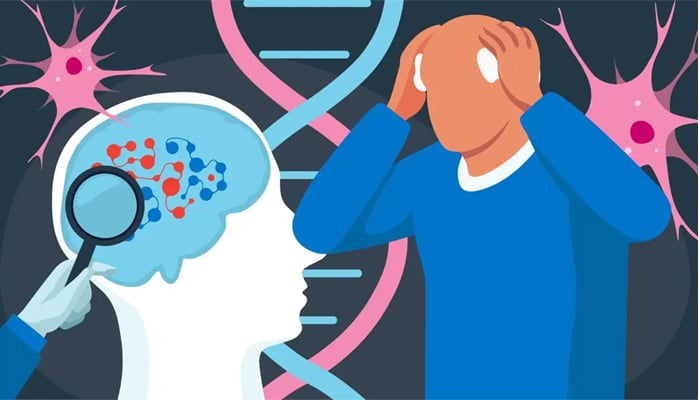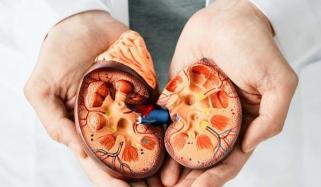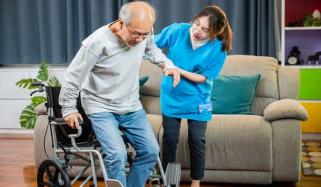
Dementia is a neurological disorder which affects memory, language, thinking, and behaviour.
While Alzheimer’s disease is said to be the most common cause, dementia may result from several conditions that severely damage the brain.
It typically affects elderly individuals but dementia is not particularly a part of ageing.
Ways to minimise risk of dementia:
Early diagnosis and appropriate treatment may assist in managing symptoms and enhance the quality of life for individuals suffering from this disease.

Control your blood pressure:
The study discovered that enhanced control of blood pressure not only minimises the risk of memory loss and dementia but also cardiac disease and stroke.
Protect your hearing:
Wearing ear protection is essential when you are surrounded by excessive acoustic exposure to minimise the risk of hearing loss.
The new Lancet Commission report cites work by a U-M team, led by Elham Mahmoudi, Ph.D., that discovered elderly individuals who wear hearing aids for recently diagnosed hearing loss may reduce the risk of dementia.
Support efforts to reduce air pollution:
Increasing evidence is found associated with air pollution, including the gases and minute particles emitted by cars and factories, to dementia.
Sustained enhancement in air quality seems to minimise the risk of dementia.
Prevent brain injury:
Any physical injury to the brain may lead to impaired brain activity.
Ensure wearing proper protective equipment while riding a motorbike, playing contact sports, and more to prevent head injury, which may cause dementia.
Limit alcohol consumption and avoid smoking:
Excessive consumption of alcohol is linked to brain damage and an increased risk of dementia. Avoiding and limiting the use of alcohol to 1 drink per day seems to be the safest solution.
In addition, smoking tobacco also contributes to the increased risk of dementia.















